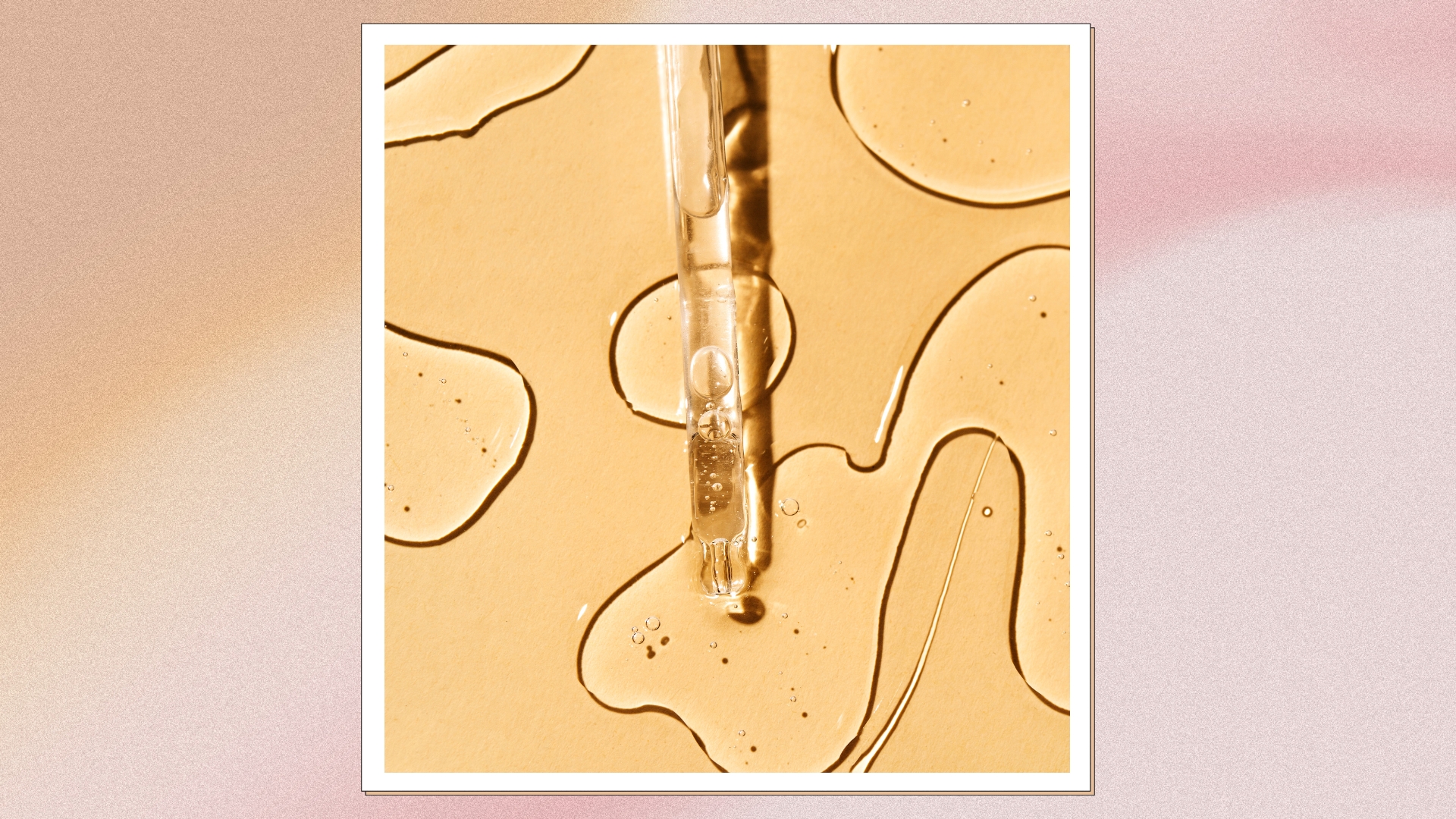
Retinol is touted as a super ingredient alongside the likes of niacinamide and vitamin C, but what does retinol do, exactly? We've asked the experts to shed some light on the potent skincare hero...
Every week there’s a new beauty ‘buzzword’ guaranteeing to plump, perk and slough years off our faces. But there’s one ingredient that appears to be here for the long run. And for good reason. You’d be hard-pressed to find a skin expert or beauty editor who doesn’t gush about retinol and its skincare ‘superpowers’. The best retinol creams and serums have the ability to boost collagen, visibly reduce wrinkles and speed up the skin’s natural exfoliation process. But it can be a tricky ingredient to navigate and even some of the savviest beauty enthusiasts are unsure if it's right for them and how to fit it into their skincare routine.
So, with that in mind, we've enlisted the expertise of skincare pros, to outline what retinol does and how to use it (and thus, how not to use retinol) to avoid the common retinol mistakes - and help you select the formula that's right for you...
What is retinol and what does it do?
Let’s break it down. A derivative of vitamin A, retinol is a powerful ingredient that lets skin cells behave younger. It begins as retinol esters, before being converted to retinoic acid. Types of retinoids like Tretinoin, Isotretinoin and Adapalene are stronger than retinol and are only available via prescription from a doctor. The main difference between retinoids and retinol is the way the skin can use them.
Retinoids are already a type of retinoic acid and immediately get to work, but as they’re stronger and quicker, they can cause irritation. Retinols on the other hand, must be converted by the skin to retinoic acid – this process takes time but allows the skin to get used to the formulation, preventing side effects.
Why use retinol?
"There are many benefits to incorporating retinol in your routine," says Celebrity Cosmetic Doctor, Dr. Rasha Rakhshani. "The ingredient causes a natural exfoliation by unclogging pores, resulting in clear skin and preventing further breakouts from occurring. It will also help fade dark spots, sun spots and hyperpigmentation leaving your skin more even with continuous use. It’s a great preventive measure against wrinkles whilst also working on existing fine lines."
How does retinol work?
"When applied to the skin, retinol serums work by increasing cell turnover which in turn helps to refine the skin and signs of ageing that are often caused by environmental factors," explains Dr. Rasha. "It also increases the skin’s production of collagen, promoting increased firmness and elasticity." Retinol works in the same way as prescribed retinoids but contains a smaller strength of retinoic acid and causes fewer side effects in comparison.
Does retinol cause irritation?
Retinol makes your skin more sensitive to sunlight so only use it at night. Apply your retinol product straight after cleansing so it penetrates unhindered.
A pea-sized amount will do your face, chest and neck, and the backs of hands too. Because of the extra sensitivity to the sun, it’s crucial to wear sunscreen every day.
How to use retinol?
Dr Rasha. "As retinol is a powerful ingredient, I highly recommend that you do a small patch test to ensure your skin is not allergic to it," advises Dr.Rasha. If you're new to retinol or have sensitive skin, Jennifer Lozano, R&D Specialist at Minerva Research Labs UK suggests starting with a lower concentration and gradually increasing frequency and potency over time. "Remember that Retinol may not fit every skin type, so if you experience any discomfort, stop using it and revert to a more natural and gentle ingredient which could provide similar results."
Also, avoid using other acids such as Vitamin C before or after applying retinol as this can really irritate the skin. To help soothe dryness and irritation you can apply a moisturiser to your skin after you apply retinol. Above all else, "you must apply SPF during the day," warns Dr.Rasha, "as retinol makes the skin more sun sensitive as it causes skin cells to lose some of their protective action."
Jennifer agrees, "It's crucial to apply a broad-spectrum sunscreen with SPF 30 or higher during the day to protect your skin from harmful UV rays and prevent further photoaging."
Which strength retinol is right for me?
It's generally recommended to begin with a lower-strength formulation and gradually increase the strength as your skin adjusts. This approach allows your skin to acclimate to the retinol and minimises the risk of irritation or adverse reactions. A low concentration of retinol, typically around 0.25% to 0.3% is suitable if you are new to retinol or have sensitive skin.
Begin by using the product 2-3 times per week, gradually increasing frequency as tolerated. Currently, there are products available with stronger concentrations of retinol for those with more resilient skin or specific concerns such as stubborn wrinkles or hyperpigmentation. But from 2026 the EU is capping the amount of retinol used in skincare products; a 0.3% retinol limit for facial skincare products. Brands have until this date to ensure that all their products comply.
Which formulation to choose?
The type of retinol product can depend on several factors, including your skin type, preferences, and specific skincare concerns. Here's a guide to help you decide which formulation may be most suitable for your skin type:
- Oil-Based Formulations: Best for Dry or dehydrated skin.
- Creams: Best for Normal to dry skin types.
- Serums: Best for All skin types, particularly oily or combination skin.
- Supplements: Best for anyone looking to add Retinoids into their diet. Beta-carotene, a type of carotenoid, is a precursor to vitamin A in the body. Through a process called enzymatic cleavage, beta-carotene can be converted into retinol, which is the active form of vitamin A.
"It is important to note that retinol is not for everybody and for those with very sensitive skin, retinol may not be the right option as it can increase sensitivity," says Jennifer. There are several serums on the market which offer a similar result to retinol using naturally derived ingredients, such as bakuchiol.
Our top picks of the best retinol products
If you're now looking to dive into the world of retinol, we've rounded up a selection of popular formulas from brands like Kiehl's and Vichy...
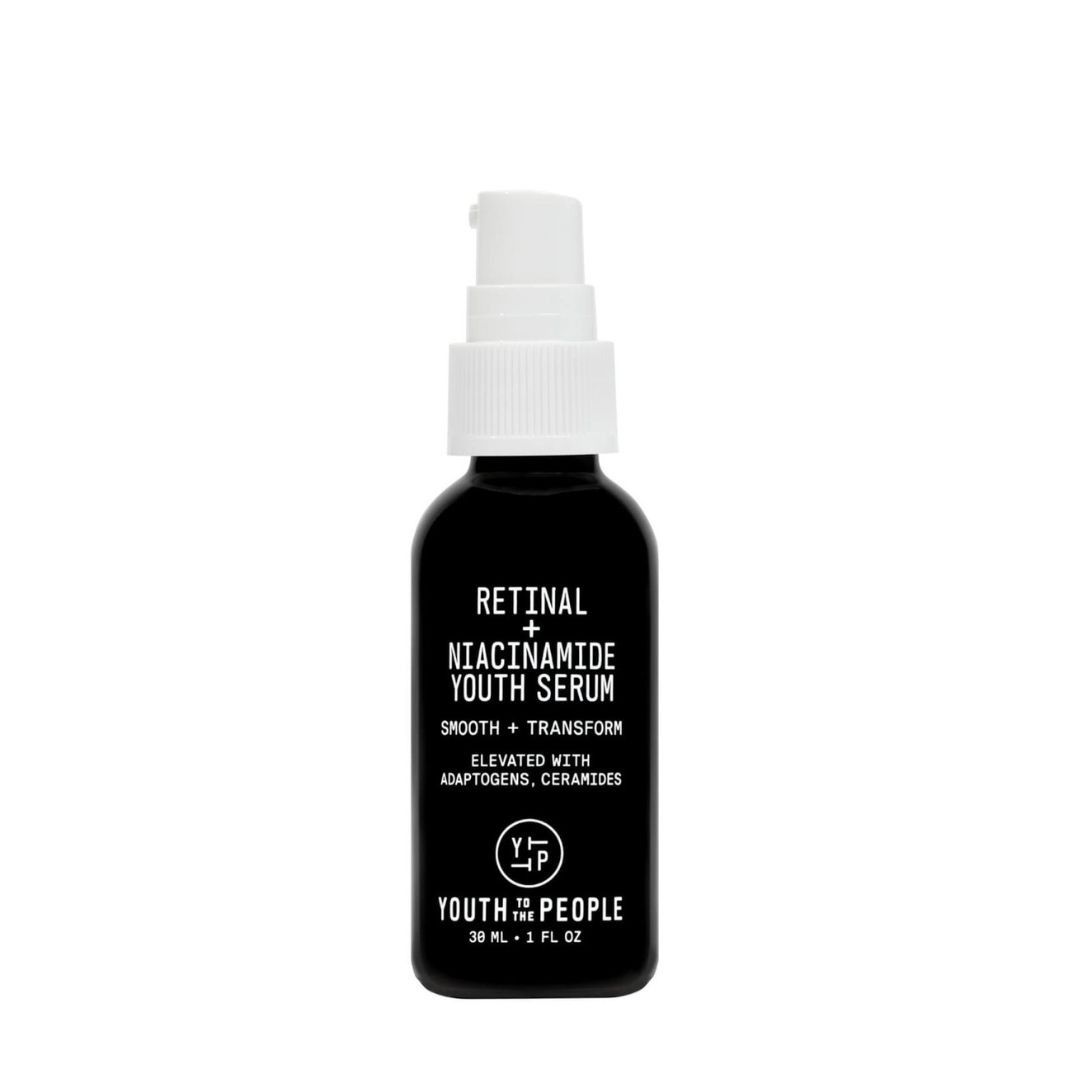
RRP: £64
Packed with hydrating goodness to soothe, smooth and banish blemishes without the lengthy purging that can occur.
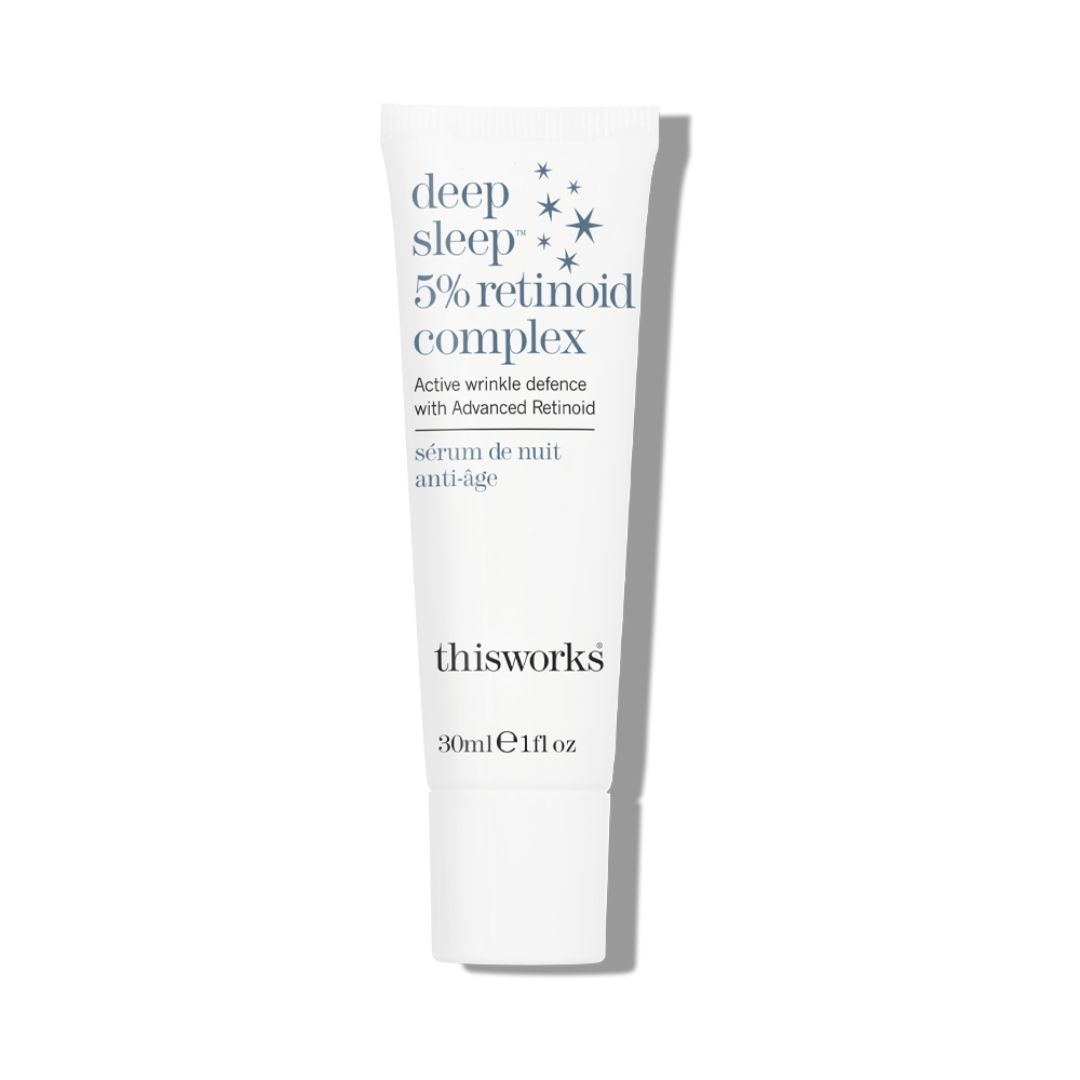
RRP: £32
With 5% Granactive Retinoid, a less harsh form of retinol, it will help reduce the appearance of fine lines without redness and irritation.
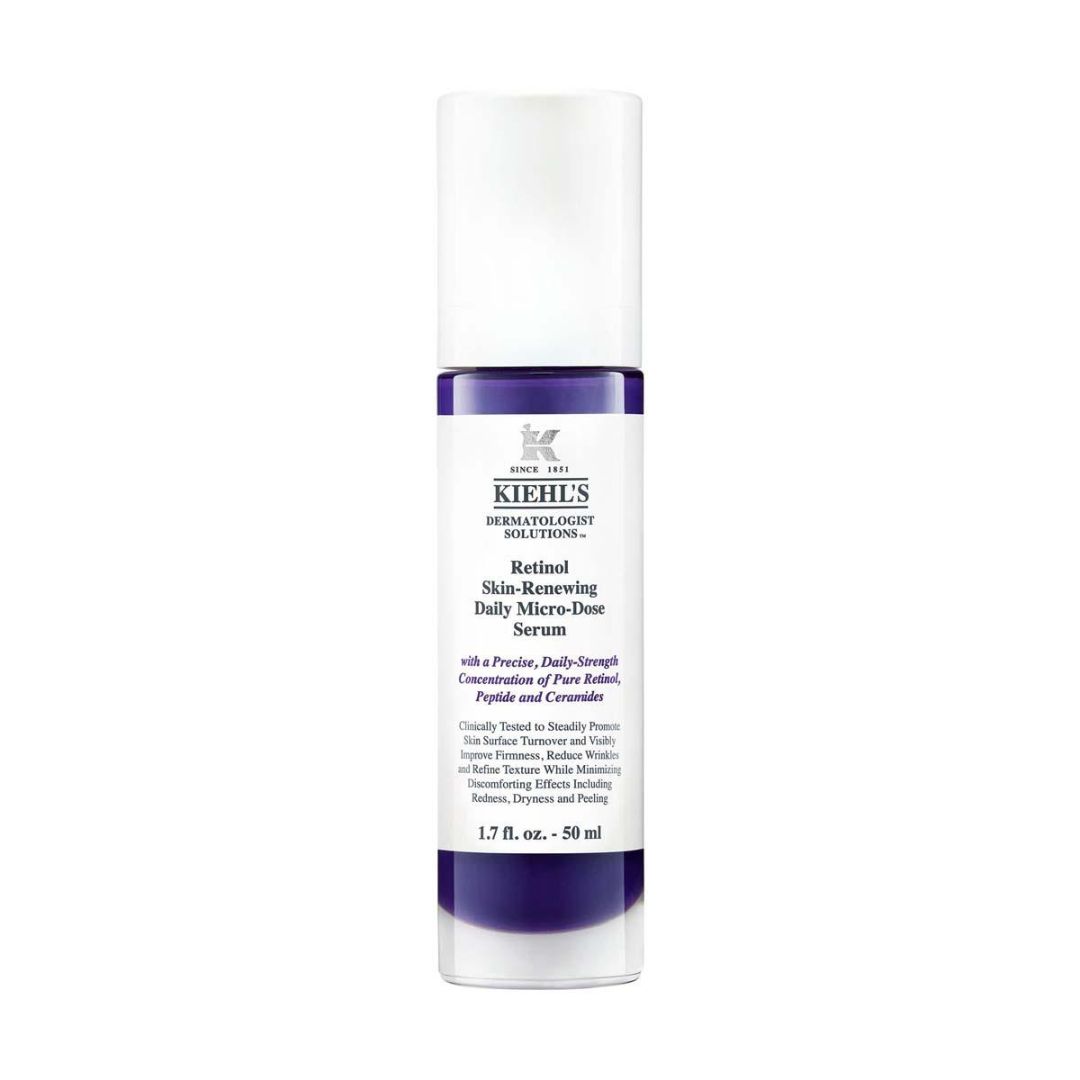
RRP: £72
This serum has a trio of pure retinol, peptide and ceramides to promote surface skin cell turnover while strengthening the skin barrier.
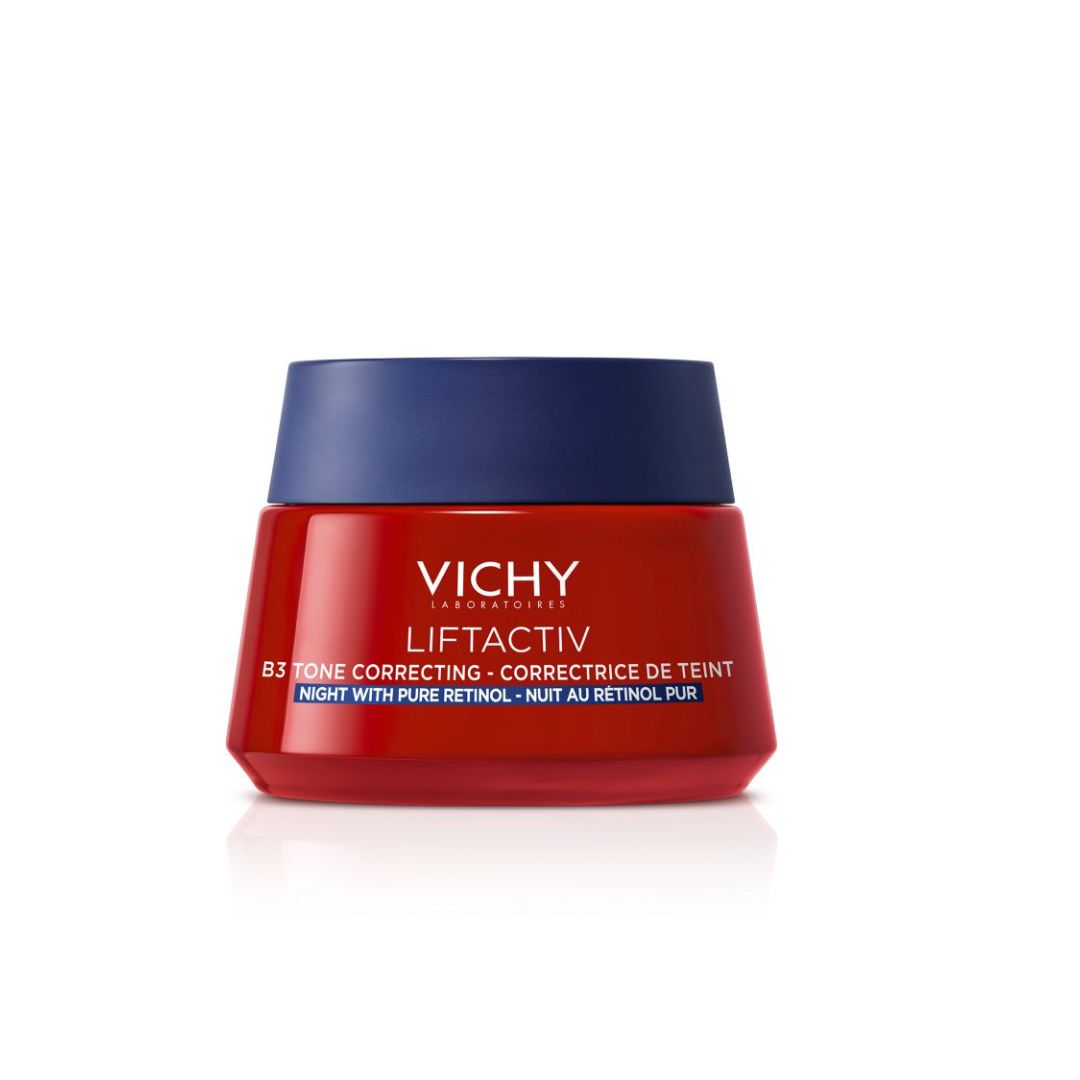
RRP: £39.95
This night cream offers a low dose of retinol, 0.15% but delivers big on more radiant and even-toned skin.
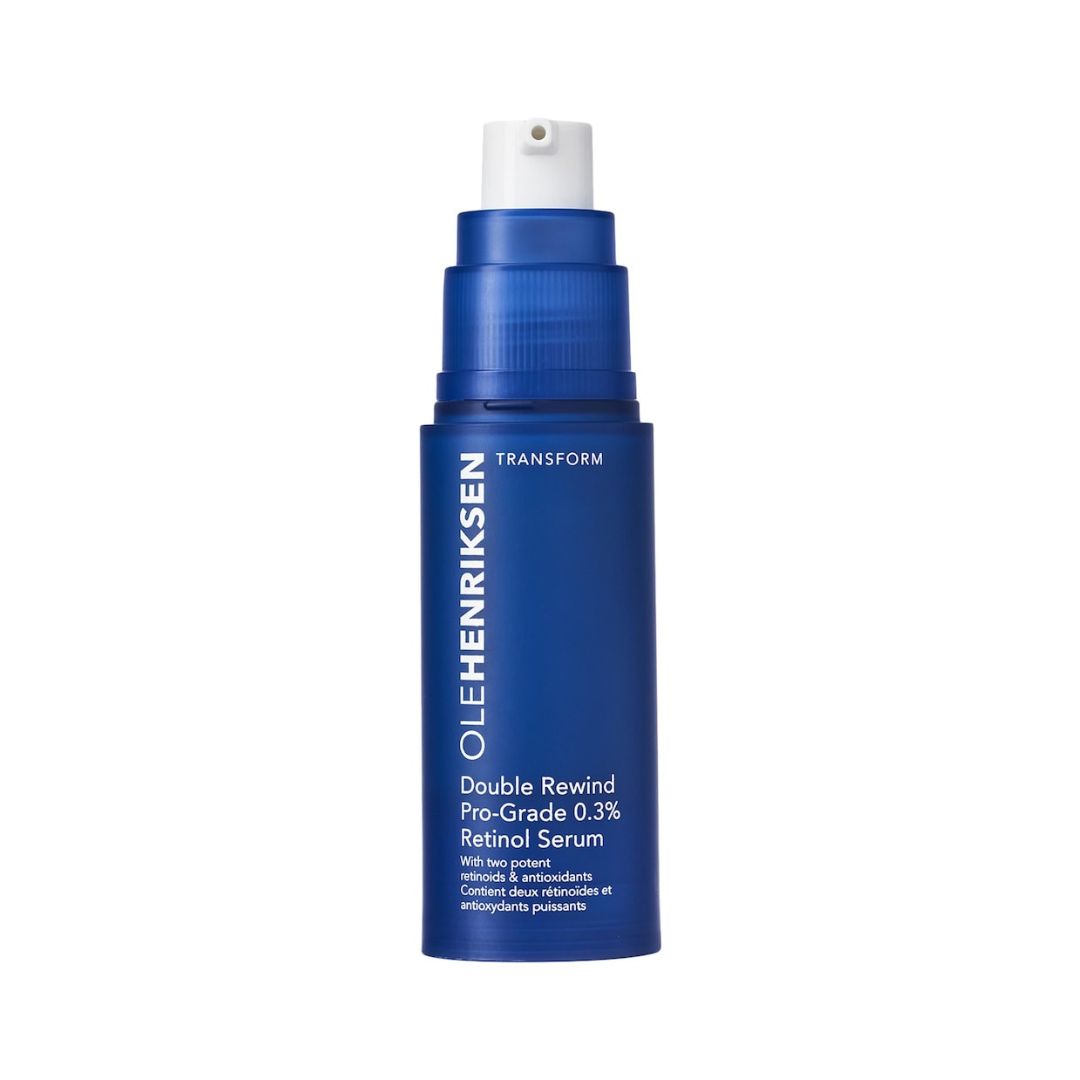
RRP: £59
This Ole Henriksen serum houses professional-grade retinoids (pure encapsulated vitamin A and provitamin A) for powerful results.
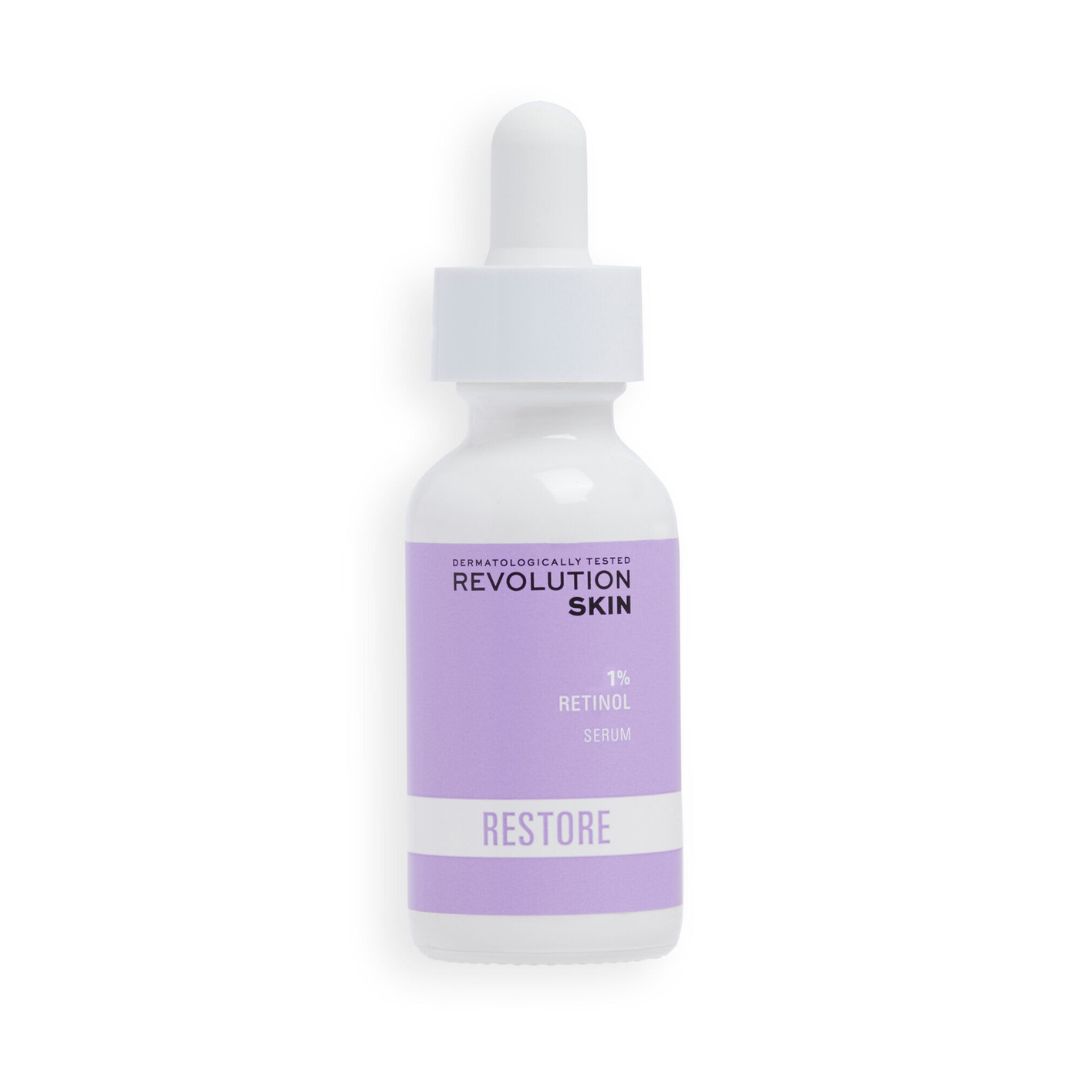
RRP: £10
A lightweight oil blend containing 1% pure retinol is perfect for anyone wishing to continue their retinol journey for smoother and more even skin tone and texture.







